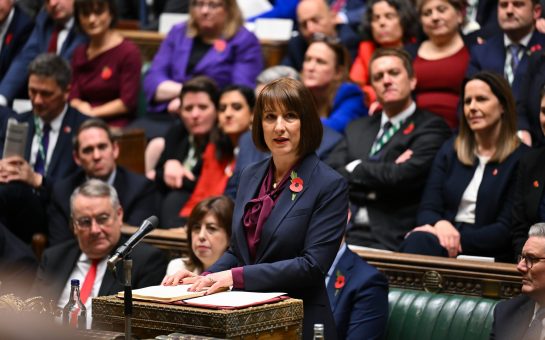A Manchester charity has launched a campaign for the government to provide more support to asylum seekers, some of who live on less than £40 per week.
Refugee Action is just one of many independent charities helping refugees and asylum seekers build a new life in the UK.
The Greater Manchester branch supports more than 1000 people each year but relying heavily on donations means they can’t reach out to all people in real need.
Manager of Refugee Action here in Manchester, Rob Clarke, told MM: “The people we help are some of the most vulnerable people in our communities. Many were forced to flee their home in fear and have arrived in a new country with nothing but their life.
“Refugee Action helps people who’ve survived some of the world’s worst regimes to find the basic support they need to live with dignity.”
Last Saturday, hundreds of people turned up at the People’s History Museum to celebrate ‘Refugee Week’.
Greater Manchester’s refugee communities benefit from the support of a relatively strong and well-established network of charitable and voluntary groups, and events such as ‘One Manchester, Our Shared Future’, do much to raise awareness.
The event celebrated the positive contribution refugees have made to British society, and was described by one visitor as an, “insightful, interactive and inspiring event which brought together groups of people with a common cause – to educate others on the maligned topic of refugees.”
Although Refugee Week is now over, campaigns to improve the conditions of asylum seekers are now gathering support.
Refugee Action are petitioning the Home Office in their ‘Bring Back Dignity’ campaign, as many asylum seekers in the UK are forced into poverty and destitution, living on just £36.62 a week.
“People can’t feed their families, buy warm clothes, or pay for transport, toiletries or childcare – just because they’ve sought safety in the UK,” the charity said.
Often misrepresented by both politicians and the tabloid press, refugees and asylum seekers in the UK can be mistakenly dragged into the immigration debate, skewing public perception in the process.
One young refugee, 19-year-old Gulwali Passarley, settled in Manchester when he was just 13 after fleeing war-torn Afghanistan.
After an arduous journey alone across ten countries, where he was arrested multiple times, he was eventually granted a safe place to stay here in Manchester.
He now works as an ambassador for young people and refugees.
“I do not share my story to get sympathy but to create more of an understanding and awareness – I am very grateful for the opportunities I have had so I take every chance I can get to raise the issues facing refugees,” he said.
“They get criticised for the problems in British society but they do a lot more good than negative.”
An expert on the topic of refugees and asylum seekers at the University of Manchester, Dr. Jonathan Darling, says discussions of refugee and asylum seekers is often ‘conflated’ and problematic.
He says the topic is very often confused with immigration, even though the issues are very different, especially in terms of the humanitarian angle and the much smaller numbers involved.
“In the main most UK residents will not knowingly come into contact with asylum seekers and refugees in their everyday lives unless they set out to do so,” Dr. Darling said.
“Their views will often be informed predominantly by media coverage, political rhetoric and the views of those around them
“Without the opportunity to meet individuals and hear their stories first hand it is easy to see how negative perceptions can begin to take hold.”
The ingrained negativity towards refugees does nothing to help their integration with society, an issue that Dr. Darling raises as one of the main problems facing them when they arrive here in the UK.
He said: “They need to apply for housing, seek help to transfer their training and skills into the UK context and begin to develop an understanding of how life in the UK works.
“All of this whilst also often dealing with post-traumatic stress conditions and a high risk of mental health concerns.”
Starting over in a new country with a hugely different society, language and way of life, is a problem shared by many refugees, and supporting their integration is where the work of charities and voluntary groups is integral.
A recent poll found that the majority of young people voting for the first time in 2015 would say they are ‘proud’ of Britain’s record of protecting refugees, indicating a shift in attitudes on the divisive issue.
“We need to take seriously the idea that the UK has responsibilities to those who flee persecution and we need to reform the current working of the asylum system itself,” Dr. Darling said.
“Increasing the basic amount of support to a liveable amount would be a starting point for making the asylum system a little more humane.”
Image courtesy of Zoriah, with thanks.



